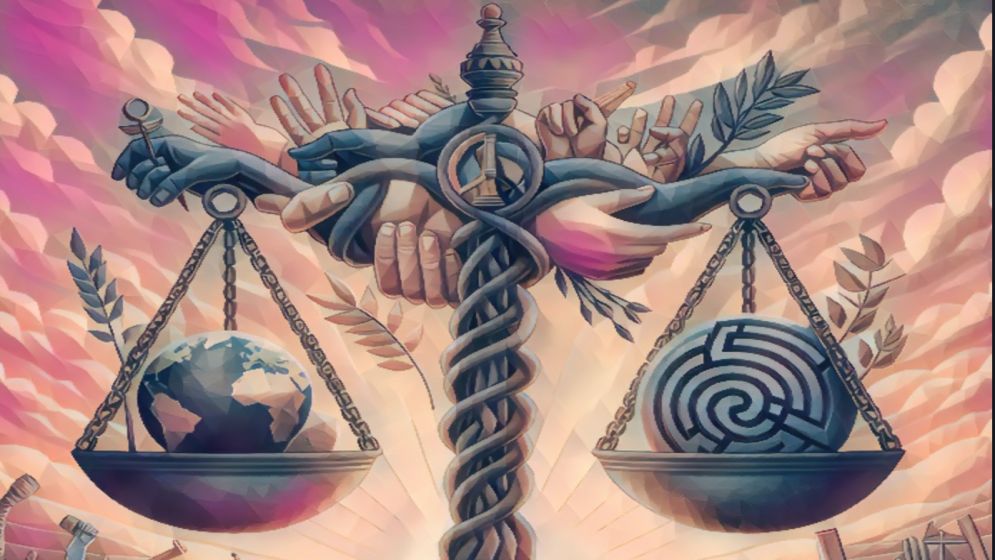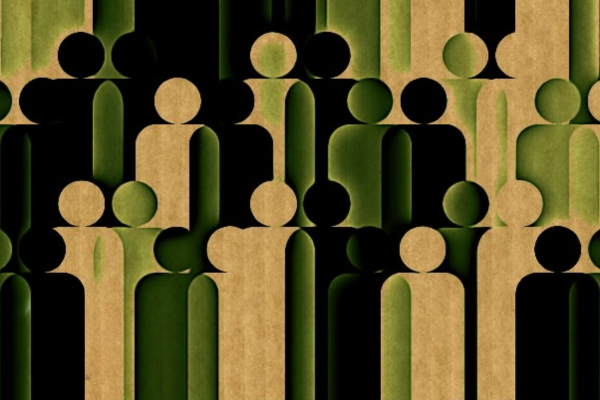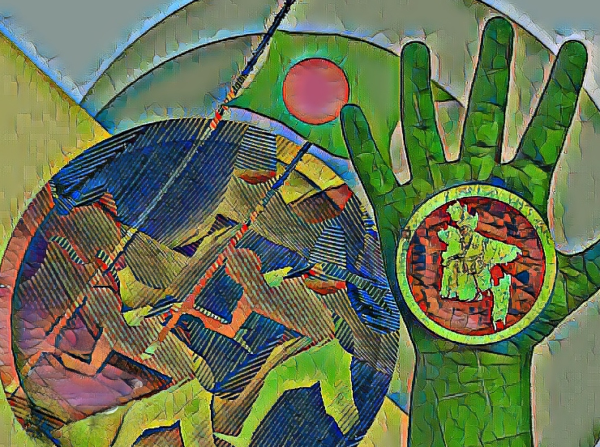Is democracy truly the preferred system of governance, or do its dynamics vary in South Asia?

The concept of democracy, embraced globally, centers on the idea of empowering citizens within the political sphere.
While often viewed through a legal lens, with an emphasis on laws and elections, the core purpose of voting and electoral systems is to enable public accountability of those in power.
This framework appears sound in theory, bolstered by various constitutional practices. However, in practice, systemic vulnerabilities can undermine the people's role, even within the boundaries of legality.
Such erosion of the fundamental principle of popular sovereignty can have severe repercussions for the stability of a political system.
England's path to political accountability, where the people gained power over their elected officials, took centuries. In developing nations today, a stark contrast exists: the promise of democracy often masks a reality where power remains concentrated among a select few.
Global power dynamics, both political and economic, exacerbate this issue. Democracy thrives in developed nations while struggling to take root in developing regions.
This discrepancy raises crucial questions: Are democratic systems in these countries progressing or regressing? Can entrenched feudal structures or powerful dynasties truly be reformed through democratic means, leading to a more equitable distribution of power?
Can a universal model of democracy function effectively for all, as it does in developed nations? And ultimately, can democracy survive in the face of immense power imbalances, or will it ultimately lead to instability and chaos?
Recent events in Pakistan, Sri Lanka, and Bangladesh raise questions about whether constitutional practices truly lead to political strength and progress.

The dynamics in South Asia
In Pakistan's politically volatile climate, the Pakistan Peoples Party, often linked with the "three Ps", has sought to empower citizens within a democratic structure.
Despite setbacks and even the tragic, extra-constitutional deaths of its founder and his daughter, the party has persevered.
Though corruption allegations abound, various democratic practices remain. However, Pakistani democracy often seems more like a facade, propped up by constitutional procedures while the actual power dynamics operate behind the scenes.
Processes like impeachment, no-confidence votes, and judicial summons of the Prime Minister are often touted as democratic tools to hold leaders accountable. Yet, these mechanisms are often swayed by the interests of elected officials rather than the will of the people, leaving citizens feeling powerless after elections.
In reality, political power in Pakistan lies not with the masses but within a select group of upper-class elected officials operating behind a facade of constitutional democracy.
An unseen wall separates the people from true power, and democracy persists merely as a concept, not a reality.
The recent political events surrounding Imran Khan's removal expose the flaws in a democratic system that doesn't truly empower its citizens at critical junctures.
Meanwhile, Sri Lanka, a small island nation once considered a model of stability in South Asia, both economically and politically, has stumbled due to the same kind of democratic practices masked by dynastic rule.
During my 2015 visit, I was impressed by Sri Lanka, seeing it as a symbol of progress for the whole South Asian region. The country's respect for law, dedication to environmental preservation, and efforts to eliminate corruption after years of conflict reminded me of European societies.
The evident civic values, strong education system, and the people's humility reflected a rich culture and heritage, possibly hinting at a greater genetic diversity compared to other South Asian nations.
Rivers in Colombo were as clean as those in major European cities, while the military's subordination to civilian rule, balanced government branches, and reformed law enforcement made Sri Lanka's political system admirable within the region.
Yet, despite this progress, the people democratically re-elected a single dynastic rule. Trust built over time shattered due to the dynasty's disastrous decisions under the guise of democracy.
Though development and democracy were the proclaimed goals, the true objective was power and wealth accumulation for the dynasty. The people's power diminished under constitutional democracy's facade, leading to public protests demanding a return of power to the citizens.

Does Bangladesh learn from the woes
in the neighborhood?
The recent removal of yet another dynastic democratic regime in Bangladesh signals a significant change in the political landscape.
While Bangladesh has declared the establishment of constitutional democracy, this has often empowered political parties rather than the citizens they represent.
Despite adopting a Westminster-style parliamentary system, the nation has faced challenges in building a strong state due to the disparity between the promises of dynastic politics and the realities faced by its people.
The constitution, written in complex language that many people found difficult to comprehend, failed to effectively communicate the essence of their rights and privileges.
The four foundational principles—democracy, socialism, secularism, and nationalism—have resulted in division under successive governments.
Critics have questioned whether these principles truly reflect the people's aspirations for justice, equality, human dignity, and genuine sovereignty.
For half a century, citizens have fought to assert their rights and influence in politics, with the election day being the only time they felt their power. Ultimately, the democratic regime was forced to flee, shattering the hope for democracy during a tumultuous "monsoon revolution."
Bangladesh now stands at a crossroads, needing to address the demands of its frustrated populace and chart a new course toward a prosperous future that its politics has so far failed to provide.
The political crises in Pakistan, Sri Lanka, and the revolutionary changes in Bangladesh raise important questions. What options do people have to regain their power without descending into anarchy?
Can democracy thrive in an environment dominated by legalistic politics that leaves citizens with little opportunity to advance their interests? Is mere formal interaction between citizens and their elected representatives enough to translate promises into real outcomes, or does it primarily serve the interests of a privileged few?
When democracy fails to deliver, does it offer any viable alternatives, or does it lead to chaos? Why does the same democratic system produce different outcomes in different societies?
Despite fulfilling supposed prerequisites for success - education, respect for the law, and transparent governance - democracy has faltered in some nations.
So, who is at fault? The system, or the people who fail to assert their rights?
Moreover, does democracy provide truly enough
means for citizens to change their leaders besides elections? We need to ponder
these answers and figure it out by ourselves.
—-
Brigadier General AF Jaglul Ahmed(retd), ndc, psc PhD is a regular contributor in national dailies

